The Ultimate Guide to Tent Camping Meals: Elevate Your Outdoor Experience
When it comes to tent camping, the allure of the great outdoors, the crisp air, and the clear night sky are only parts of the adventure. Another pivotal aspect, often overlooked, is the culinary journey that accompanies such escapades. This guide dives deep into the world of tent camping meals, offering insights, tips, and recipes to elevate your outdoor dining experience, ensuring it's as memorable as the landscapes you're exploring.
Embarking on a tent camping adventure brings a unique set of challenges and pleasures, especially when it comes to meal planning and preparation. The importance of food in enhancing your camping experience cannot be overstated. Not only does it fuel your body for the adventures ahead, but it also provides an opportunity for communal bonding over a shared meal under the stars. This guide will navigate you through the essentials of camping cuisine, from the importance of meal planning to the joys of cooking in the great outdoors.
Understanding the Basics of Camping Cuisine

Why Is Meal Planning Crucial for Tent Camping?
Nutrition, energy needs, and convenience are the pillars of successful meal planning for tent camping. Efficient meal planning ensures that campers have enough fuel to sustain their energy for hiking, paddling, off-road trailer trips, or any other activities they might engage in. Additionally, convenience plays a crucial role; easy-to-prepare meals mean more time can be spent enjoying the natural beauty that surrounds you.
How to Choose the Right Foods for Your Camping Trip?
Selecting the right foods for your camping trip revolves around a few key criteria:
- Non-perishable: Foods that can withstand the absence of refrigeration.
- Lightweight: To ease the burden of carrying your supplies to the campsite.
- Easy to prepare: Minimizing the need for complex cooking equipment and procedures.
Essential Tools and Equipment for Cooking at the Campsite
Before delving into the culinary delights of camping, one must consider the essential tools and equipment needed:
- Portable stove or grill
- Lightweight cookware (pots, pans)
- Utensils (spatula, knives, cutting board)
- Cleaning supplies (biodegradable soap, sponges)
Breakfast: Starting Your Day Right

A hearty breakfast is the best way to kickstart a day of adventure. Quick and nutritious options can include oatmeal with dried fruits and nuts, scrambled eggs with vegetables, or yogurt with granola.
What Are Some Quick and Nutritious Camping Breakfasts?
Opting for meals that provide a balance of protein, carbohydrates, and fats ensures sustained energy levels throughout the day. Ideas include:
- Instant oatmeal packets enhanced with peanut butter
- Pre-made pancake mix for easy campfire pancakes
- Portable breakfast burritos with a variety of fillings
How to Make Campfire Pancakes?
Creating campfire pancakes adds a fun twist to your morning routine. The key lies in pre-mixing your dry ingredients at home and simply adding water at the campsite. Cooking them over a portable stove or a carefully managed campfire brings a delightful start to any day.
The Secret to Perfect Campfire Coffee
The art of brewing coffee outdoors is a cherished ritual. Whether using a portable French press, a percolator, or a simple pour-over, the secret lies in the right temperature water and giving yourself a moment to enjoy the process and the surroundings.
Lunch: Fueling Your Adventures
Lunch on the trail or at your campsite should be a re-energizing meal that propels you through the rest of your day's activities.
What Are the Best No-Cook Lunch Ideas for Camping?
Emphasizing simplicity and nutrition, no-cook lunch options are ideal for days filled with activities:
- Wraps with various fillings like tuna or chicken salad
- High-energy granola bars, nuts, and dried fruits
- Cheese and whole-grain crackers for a balanced snack
How to Prepare a Hearty Campfire Stew?
A campfire stew can be a warming and satisfying meal after a long day of hiking. The key is to use a durable pot, a variety of canned and fresh ingredients, and allow it to simmer over the campfire, blending all the flavors to perfection.
Dinner: Ending the Day on a High Note

Dinner under the stars is a time for relaxation and reflection on the day's adventures. Simple, satisfying recipes can transform this time into a highlight of the camping experience.
What Are Some Simple and Satisfying Camping Dinner Recipes?
Dinner options should be hearty and easy to prepare. Ideas include:
- Grilled kebabs with a variety of meats and vegetables
- One-pot pasta dishes that minimize cleanup
- Campfire chili that warms and fills you up
- The Ultimate Guide to Campfire Grilling
Grilling over a campfire is an iconic part of the camping experience. The key to success lies in controlling your heat source and using a grill grate if available. Marinating your meats and vegetables beforehand can enhance flavors and reduce cooking times.
How to Cook with a Dutch Oven Over a Campfire?
The Dutch oven is a versatile tool for campfire cooking, perfect for making stews, baking bread, or even crafting desserts. The technique involves controlling the heat by carefully placing coals above and below the oven. The result is a slow-cooked, deeply flavorful meal that can feed a group with minimal effort.
Snacks and Desserts: Sweet and Savory Treats
Snacks and desserts provide those much-needed energy boosts and sweet endings to your meals. Keeping them simple and satisfying is key.
Healthy Snacks to Keep You Going
Energy-dense snacks are crucial for maintaining stamina throughout your adventures. Options include:
- Trail mix combining nuts, seeds, and dried fruits
- Protein bars or energy gels for a quick nutrient boost
- Fresh fruits and vegetables for hydration and vitamins
Easy Camping Desserts for a Sweet End to Your Day
Concluding your day with a sweet treat by the campfire is a camping tradition. Simple recipes include:
- S'mores, the quintessential camping dessert
- Campfire-baked apples filled with cinnamon and nuts
- Dutch oven cobblers using seasonal fruits
Staying Hydrated: Tips and Tricks
Hydration is a key aspect of camping health and safety. Ensuring access to clean drinking water and making it palatable can encourage regular consumption.
The Importance of Water While Camping
Water is the lifeblood of any camping trip, essential for drinking, cooking, and cleaning. Planning your water supply is as crucial as meal planning, ensuring you have enough for your needs and a method for purification if relying on natural sources.
Creative Ways to Flavor Your Water
Flavoring your water can make staying hydrated a more enjoyable experience. Ideas for natural flavor enhancers include:
- Lemon or lime slices for a citrusy zest
- Cucumber and mint for a refreshing twist
- Berries for a hint of sweetness
Special Dietary Considerations
Catering to special dietary needs ensures that everyone can enjoy the camping experience fully.
How to Plan Vegan and Vegetarian Meals for Camping?
Planning plant-based meals involves focusing on protein-rich foods like beans, lentils, and quinoa. Including a variety of vegetables and fruits ensures balanced nutrition. Pre-made meals can simplify cooking at the campsite.
Gluten-Free Camping Food Ideas
For those avoiding gluten, meals can be based on naturally gluten-free foods such as rice, potatoes, and corn. Gluten-free pasta and bread alternatives allow for more variety in meal planning.
Safety and Storage: Keeping Your Food Fresh and Safe
Proper food storage and safety precautions are essential to prevent spoilage and protect against wildlife.
Best Practices for Food Storage While Camping
Storing food securely is crucial in any camping environment to prevent attracting animals and to keep perishables fresh. Recommendations include:
- Using bear-proof containers where necessary
- Keeping food sealed and elevated
- Cooling perishables with ice packs in insulated coolers
Camp Cooking Safety 101
Cooking safely minimizes the risk of accidents and injuries. Essential tips include:
- Never leave cooking food unattended
- Keeping flammable materials away from the campfire or stove
- Having a fire extinguisher or water source ready for emergencies
Advanced Camp Cooking Techniques
Mastering advanced cooking techniques can add variety and excitement to your camping meals.
Mastering the Art of Campfire Cooking
Efficient campfire cooking involves managing your heat source, using the right cookware, and experimenting with different cooking methods, from grilling to baking.
Using Alternative Cooking Methods
Exploring unconventional cooking methods such as solar ovens or rock cooking can offer new culinary experiences and reduce reliance on traditional fuel sources.
Packing Your Pantry: A Checklist for Your Next Trip
A well-planned pantry is the foundation of successful camping cuisine. A comprehensive checklist should include non-perishable staples, spices and seasonings, and any special dietary items you'll need.
Troubleshooting Common Camping Cooking Challenges
Adapting to unforeseen challenges like bad weather, forgotten ingredients, or equipment failure requires creativity and flexibility. Solutions can range from simple ingredient substitutions to improvising cooking methods.
Conclusion: Embarking on Your Culinary Camping Adventure
As we conclude this guide, remember that meal planning and preparation play a vital role in the overall enjoyment of your tent camping experience. With the right approach, you can transform your meals into memorable moments that complement the natural beauty and adventure of the outdoors. Whether you're a seasoned camper or embarking on your first outdoor adventure, the joy of cooking and eating in the great outdoors is an experience like no other.


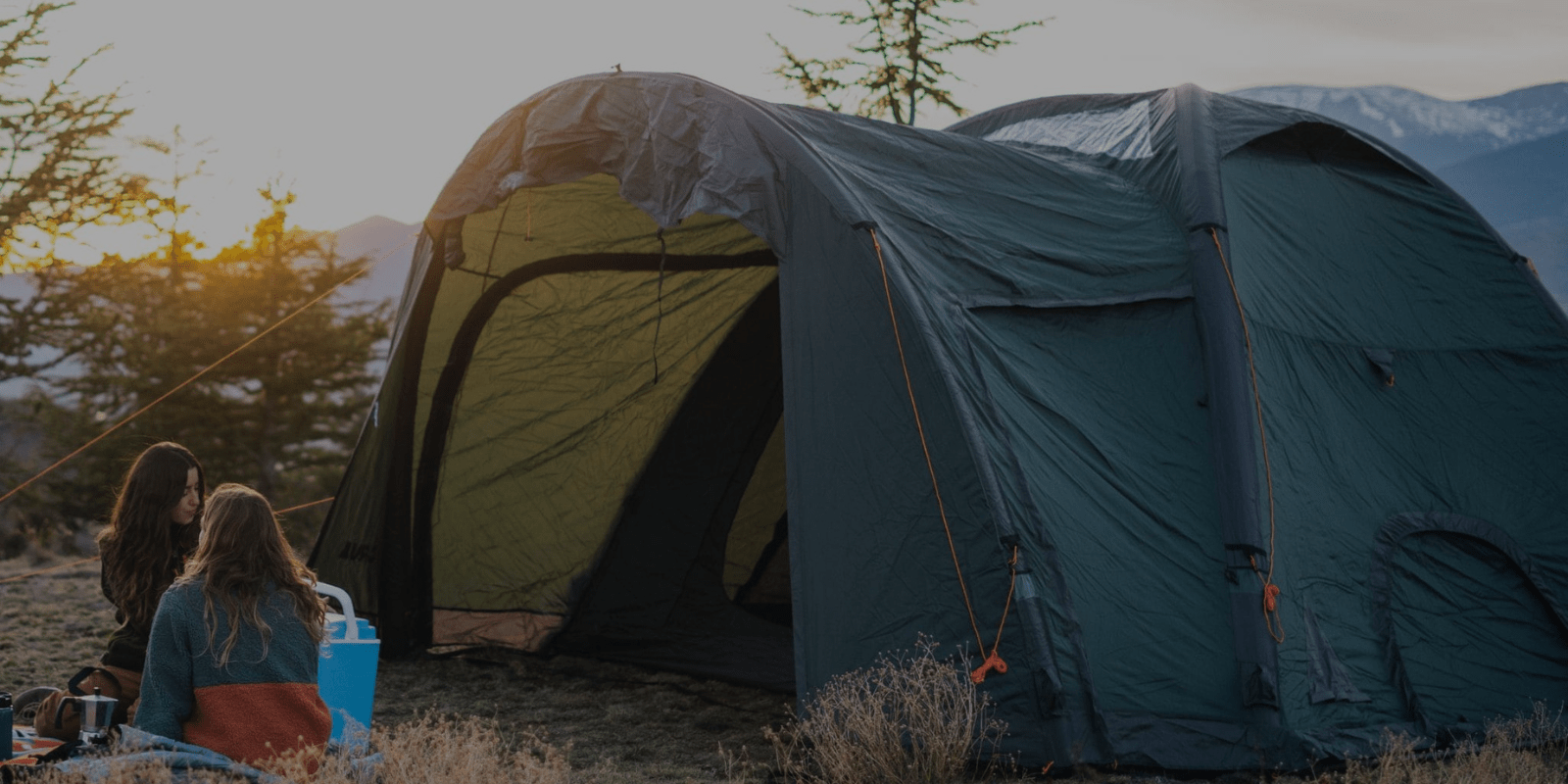
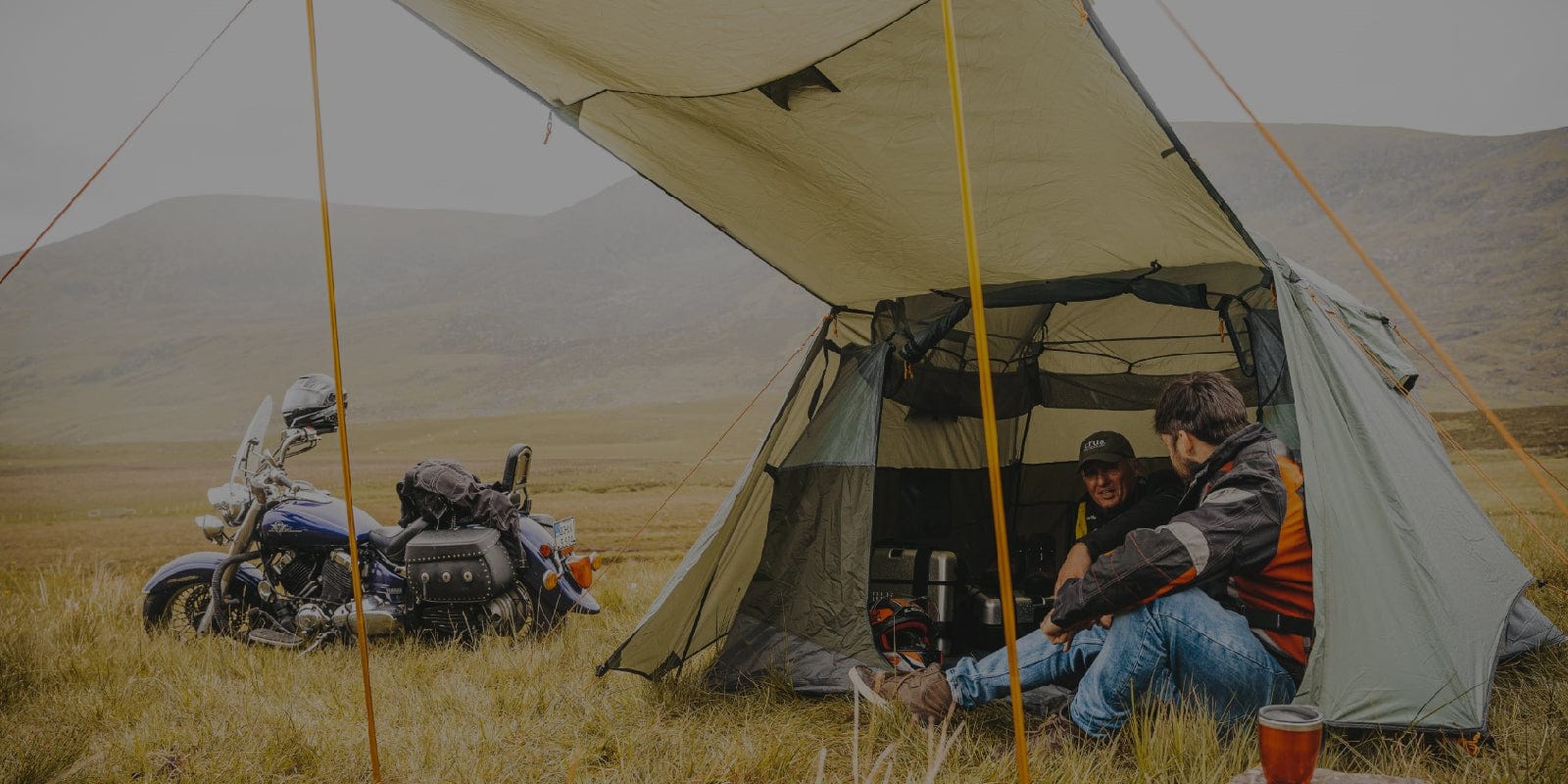
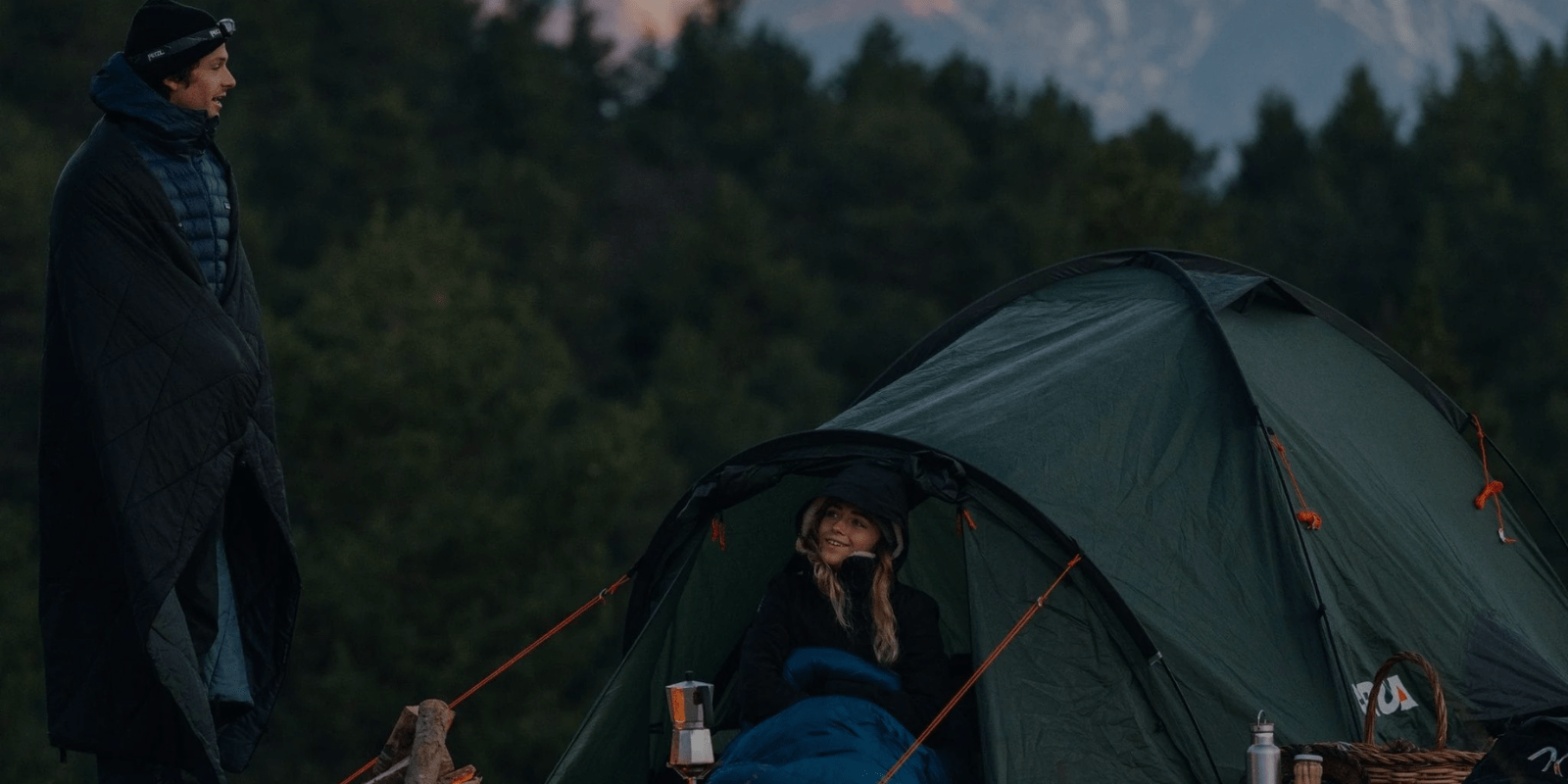
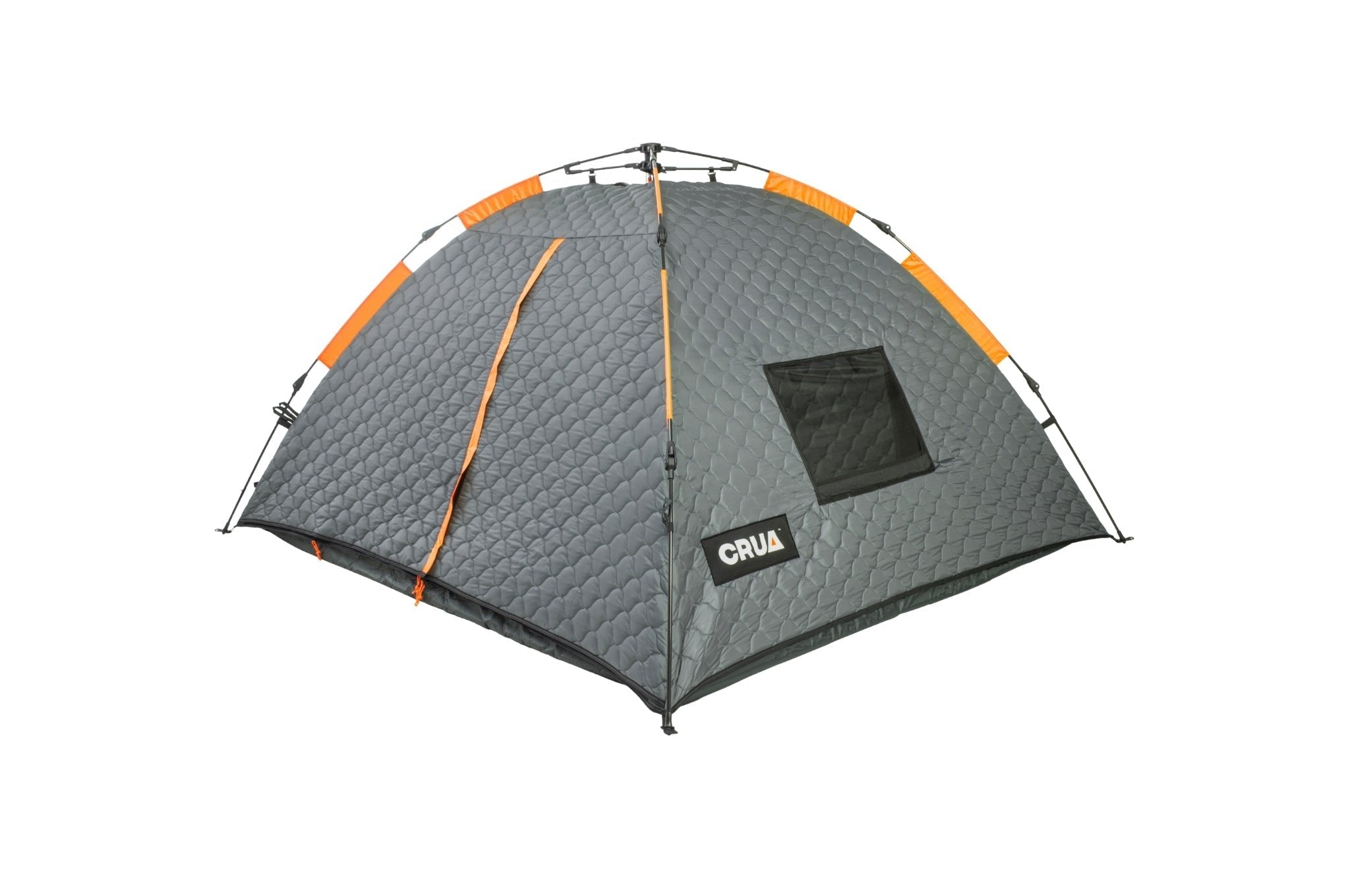
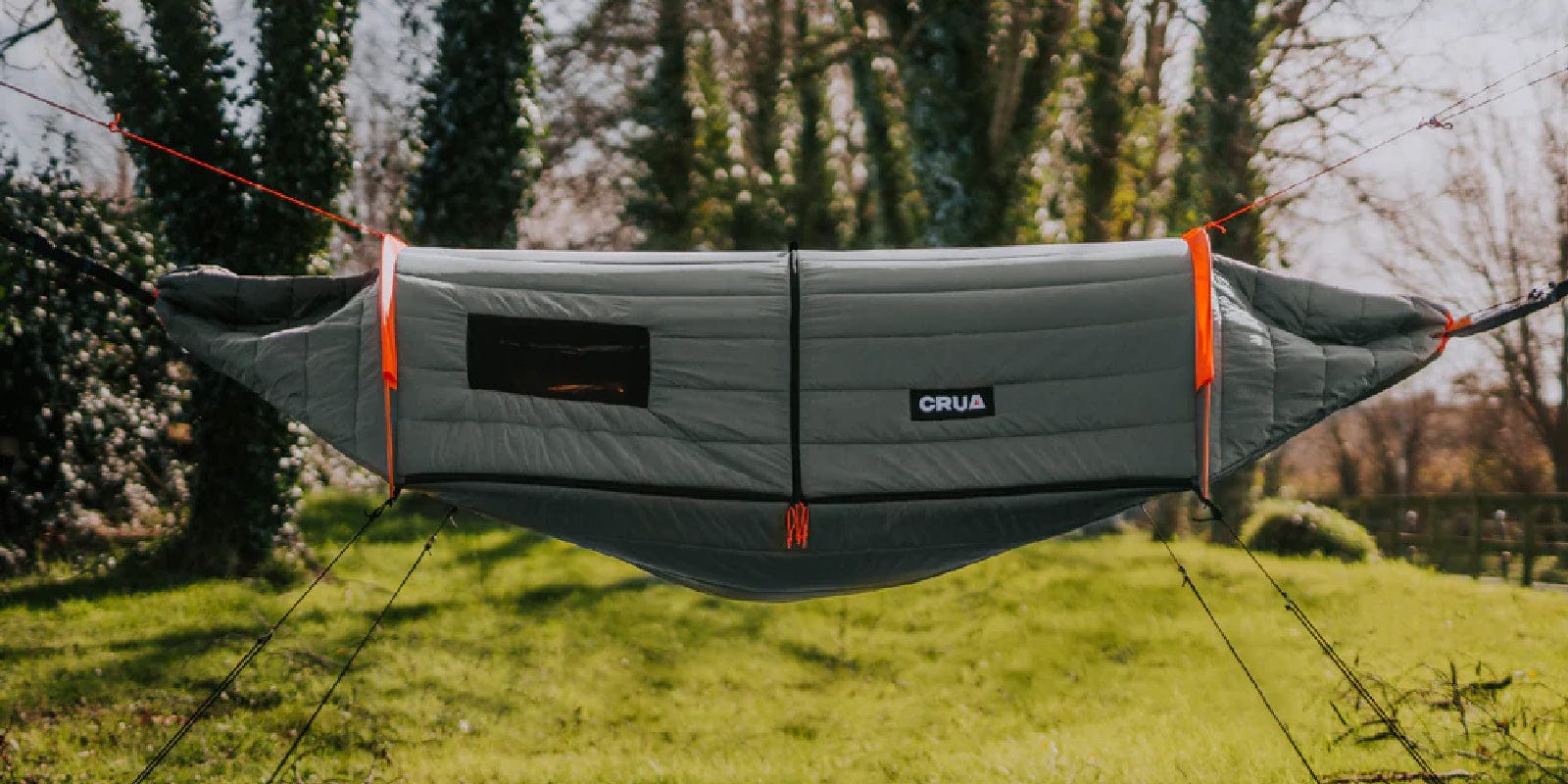
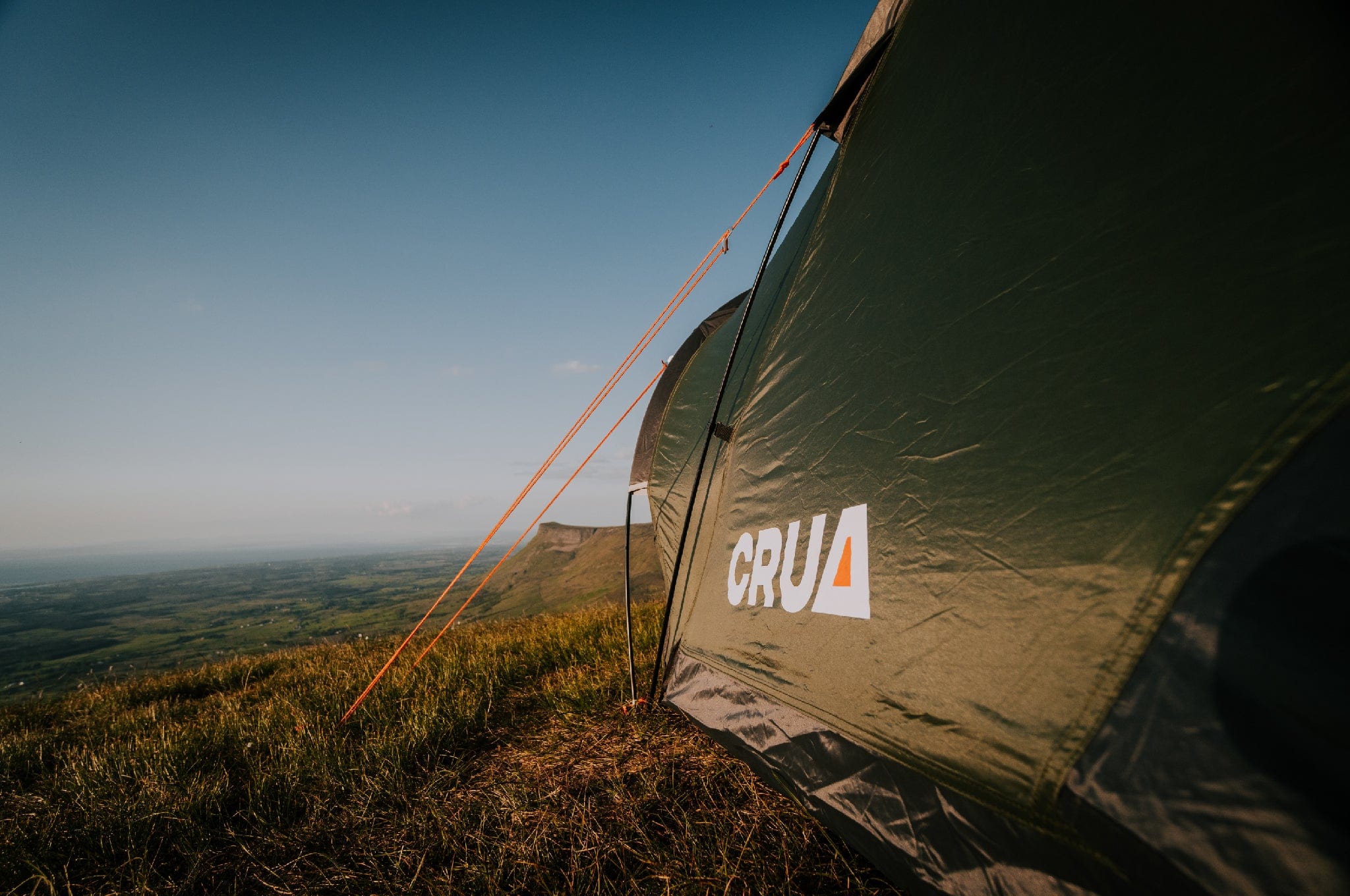
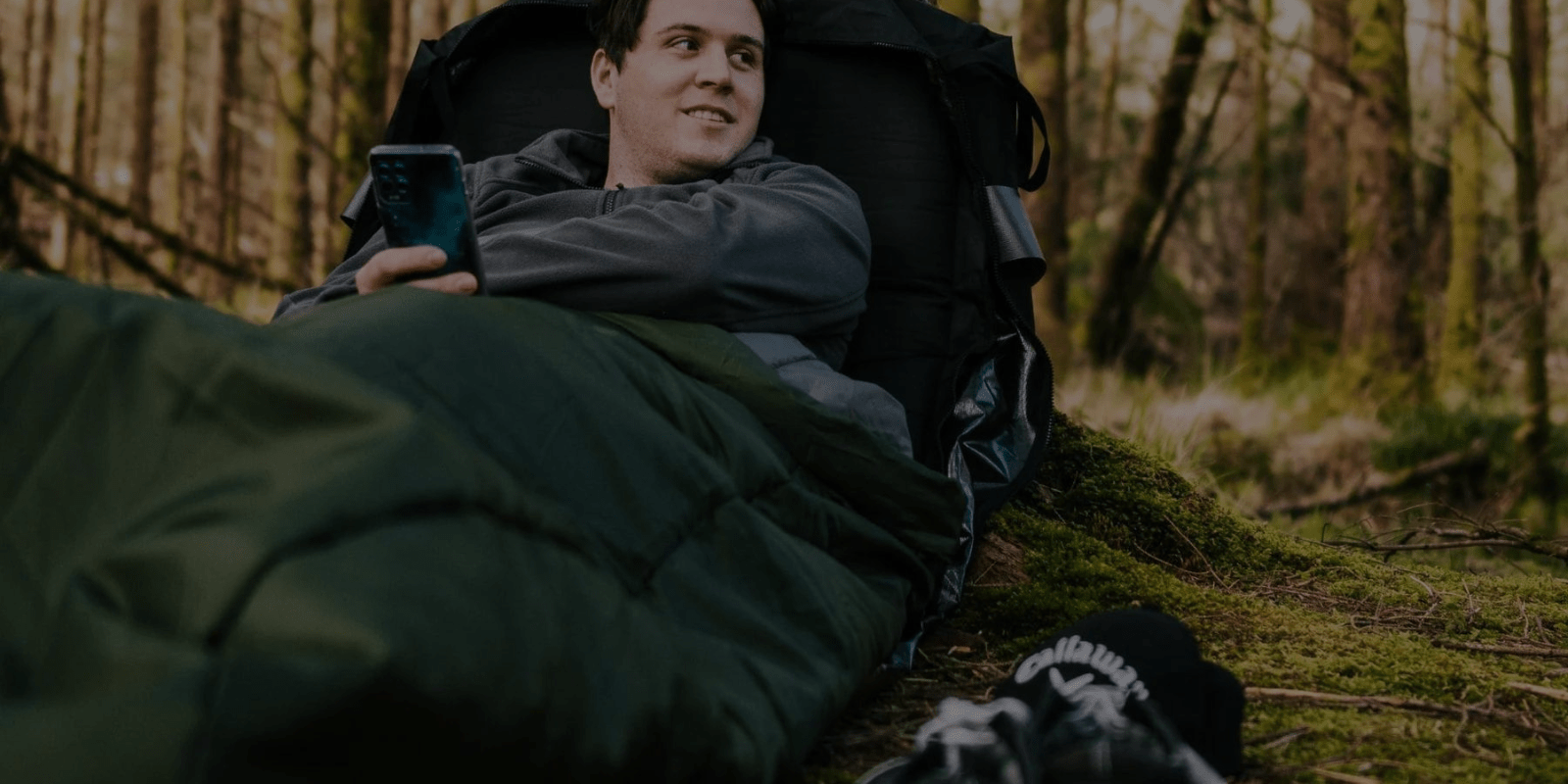
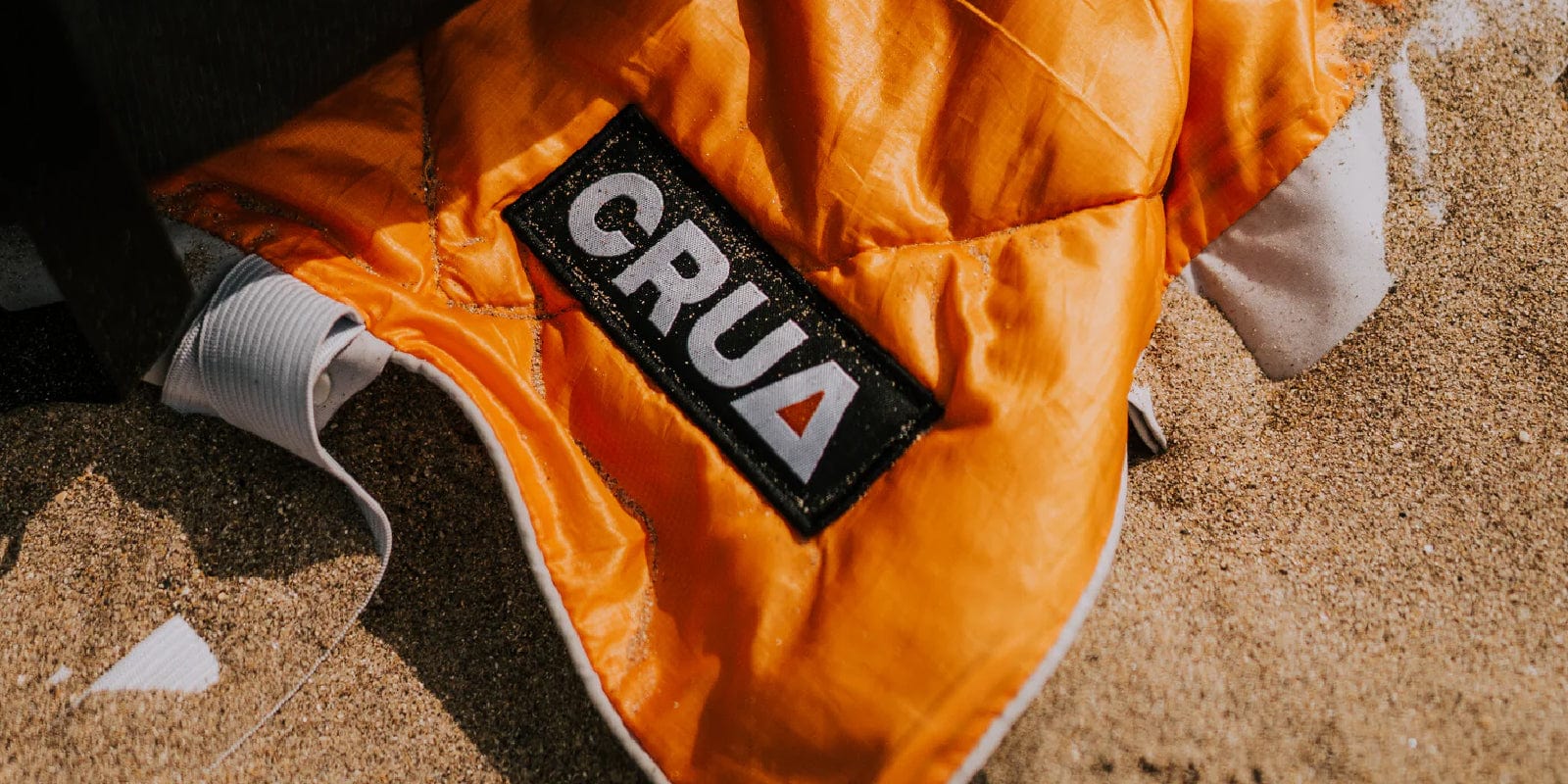
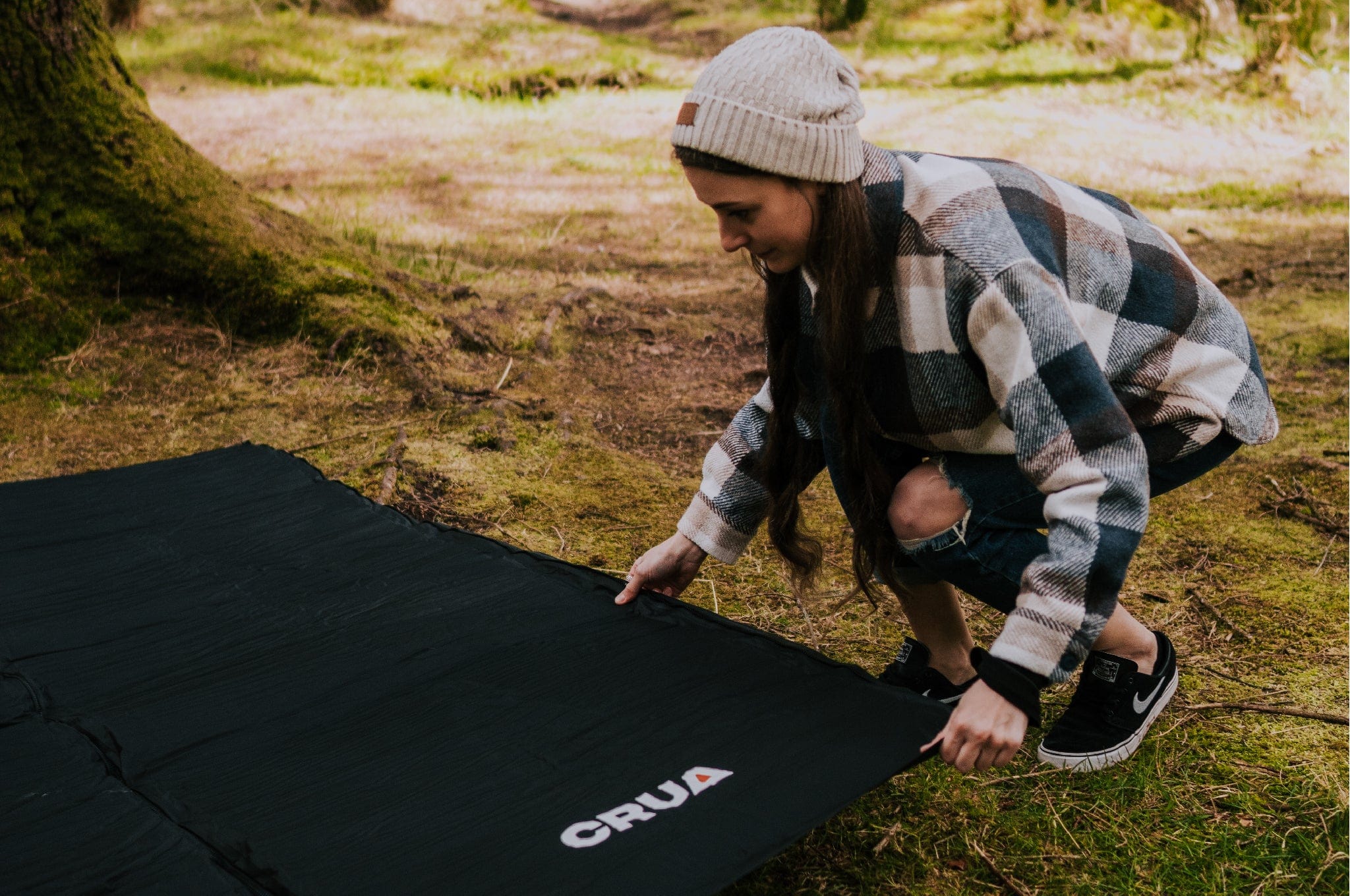
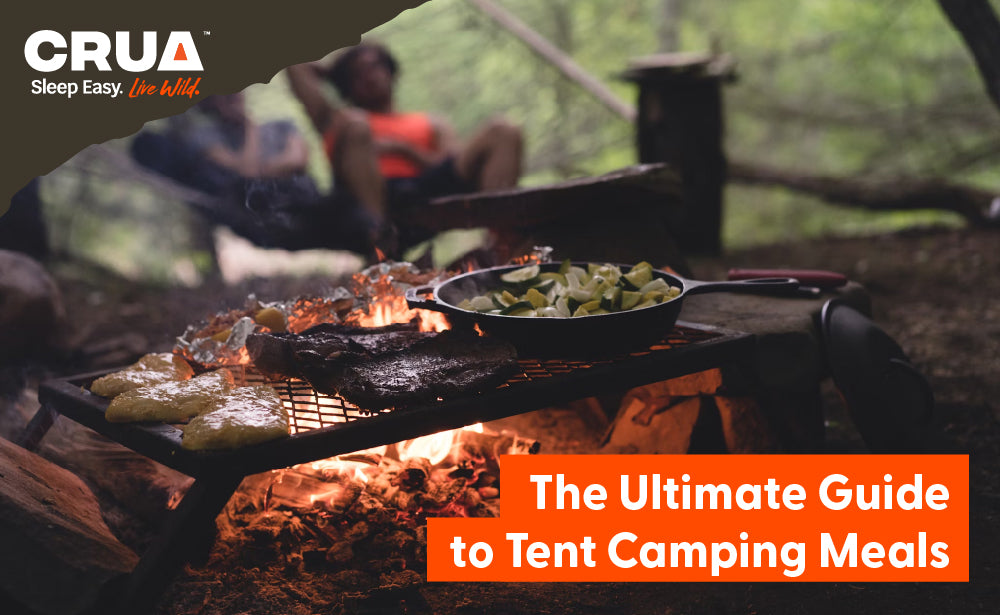



Leave a comment
All comments are moderated before being published.
This site is protected by hCaptcha and the hCaptcha Privacy Policy and Terms of Service apply.